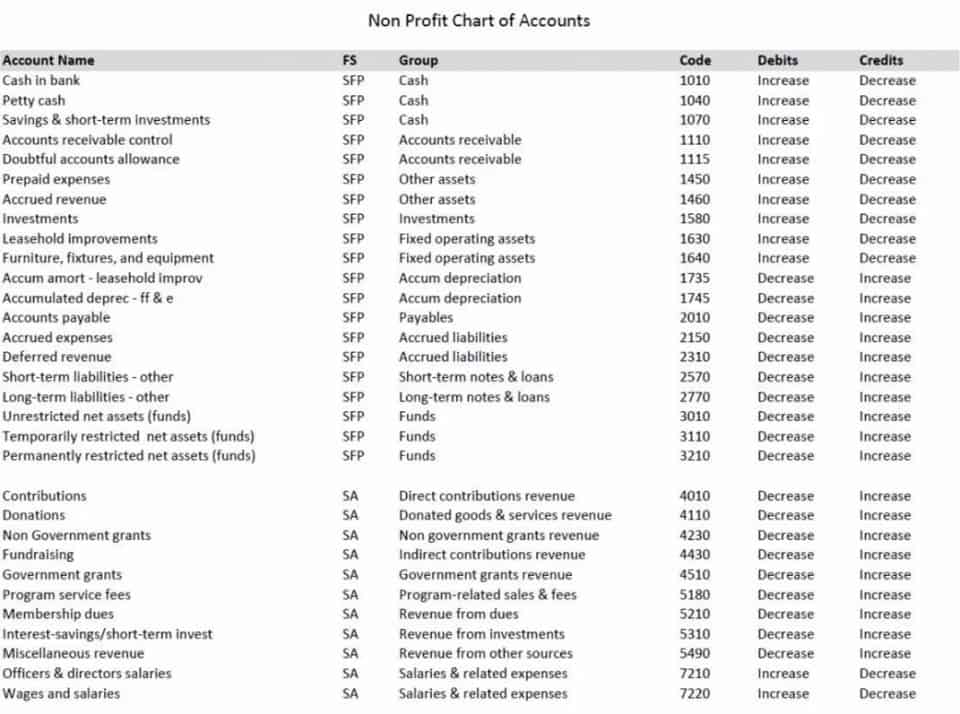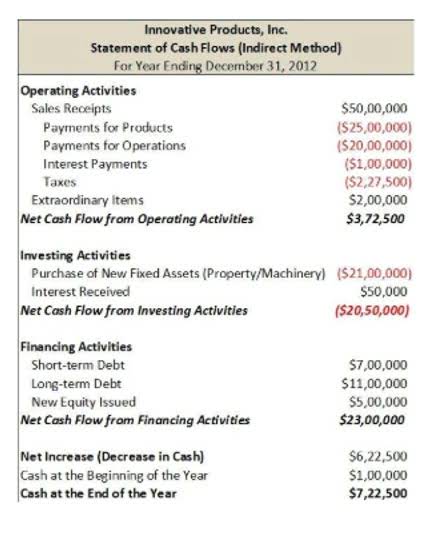
The activities management accountants provide inclusive of forecasting and planning, performing variance analysis, reviewing and monitoring costs inherent in the business are ones that have dual accountability to both finance and the business team. Now that you have a basic understanding of managerial accounting, consider how it is similar to and different from financial accounting. After completing a financial accounting class, many students do not look forward to another semester of debits, credits, and journal entries. Also known as management accounting or cost accounting, managerial accounting provides information to managers and other users within the company in order to make more informed decisions. The overriding roles of managers (planning, controlling, and evaluating) lead to the distinction between financial and managerial accounting.
Activity-based costing (ABC)
Managerial accountants utilize performance reports to note deviations of actual results from budgets. The positive or negative deviations from a budget also referred to as budget-to-actual variances, are analyzed in order to make appropriate changes going forward. Managerial accounting is the practice of identifying, measuring, analyzing, interpreting, and communicating financial information to managers for the pursuit of an organization’s goals. You are working as the accountant in the special projects and budgets area of Sturm, Ruger & Company, a law firm that currently specializes in bankruptcy law. In order to serve their customers better and more efficiently, the company is trying to decide whether or not to expand its services and offer credit counseling, credit monitoring, credit rebuilding, and identity protection services.
The Management Accounting Competency Framework
Connect with an Advisor to explore program requirements, curriculum, credit for prior learning process, and financial aid options. Insights on business strategy and culture, right to your inbox.Part of the business.com network. Someone on our team will connect you with a financial professional in our network holding the correct managerial accounting designation and expertise. Our goal is to deliver the most understandable and comprehensive explanations of financial topics using simple writing complemented by helpful graphics and animation videos. This team of experts helps Finance Strategists maintain the highest level of accuracy and professionalism possible.
The development of industrial cost and management accounting before 1850: a survey of the evidence

Includes items such as sales commission, anticipated delivery costs, office supplies, etc. Once a business has identified constraints or bottlenecks, it can evaluate them, investigate what is causing them, and determine whether steps can be taken to eliminate them. Financial accounting is created for its investors, creditors, and industry regulators. Rebecca LeBoeuf Blanchette ’18 ’22G is a writer at Southern New Hampshire University, where she fulfills her love of learning daily through conversations with professionals across a range of fields.

Accounting, Organizations and Society
International companies must likewise adhere to sets of accounting standards specific to their respective geographic regions. Since these external people do not have access to the documents and records used to produce the financial statements, they depend on Generally Applied Accounting Principles (GAAP). While managerial accountants are not the decision-makers, they help drive business decisions based on data and insights. Management uses the information presented in the managerial accounting reports to set targets, manage performance, identify efficient and inefficient areas of the business operations, develop and implement corrective measures and controls, create budgets, and more.

Find out more about management accounting jobs, responsibilities, required competencies and salaries. Managerial accounting is useful for companies to track and craft spending budgets, reduce costs, project sales figures, and manage cash flows, among other tasks. No, managerial accountants are not legally obligated to follow GAAP because the documents they produce are not regulated by GAAP. These documents focus on internal company metrics that focus on company performance. The distinction between traditional and innovative accounting practices is illustrated with the visual timeline (see sidebar) of managerial costing approaches presented at the Institute of Management Accountants 2011 Annual Conference. Soft (personal) skills in areas such as motivating and collaborating with others, communications, change management, talent management, relationship management, negotiation, and conflict management will remain critical for management accountants.
Accounting, Business & Financial History
The final accounts or financial statements produced through financial accounting are designed to disclose the firm’s business performance and financial health. Financial leverage refers to a company’s use of borrowed capital in order to acquire assets and increase its return on investments. Through balance sheet analysis, managerial accountants can provide management with the tools they need to study the company’s debt and equity mix in order to put leverage to its most optimal use. There are a variety of ways to keep current and continue to build one’s knowledge base in the field of management accounting. Certified Management Accountants (CMAs) are required to achieve continuing education hours every year, similar to a Certified Public Accountant.
- According to Dr. Jennifer Teague, an executive director of business programs at SNHU, a graduate certificate can also keep you relevant.
- Additionally IMA provides certification, the Certified Management Accountant (CMA), for internal financial management responsibilities, including planning, budgeting, business reporting, decision analysis and risk management.
- While the concept of professional skepticism is well established in public accounting, it is a fundamental characteristic that is applied in the work of all professional accountants, including those who work in business.
- In management accounting or managerial accounting, managers use accounting information in decision-making and to assist in the management and performance of their control functions.
Common Calculations used in Capital Budgeting:
- For managerial accounting, weekly and monthly budgets govern the types of products sold, product inventory levels, and the price points needed to ensure that businesses maintain sufficient margins to cover costs and remain solvent.
- This is not the case with managerial accounting, as there can be reasons to highlight information that is particularly relevant or even downplay information that is not.
- For more than 100 years, IMA (Institute of Management Accountants) has been a champion of—and resource for—management accounting and finance professionals.
- Finance Strategists is a leading financial education organization that connects people with financial professionals, priding itself on providing accurate and reliable financial information to millions of readers each year.
- This information is comprised of both financial and non-financial data pertaining to the business’s operations and its economic context.
- Companies are always looking for a competitive advantage, so they may examine a multitude of details that could seem pedantic or confusing to outside parties.